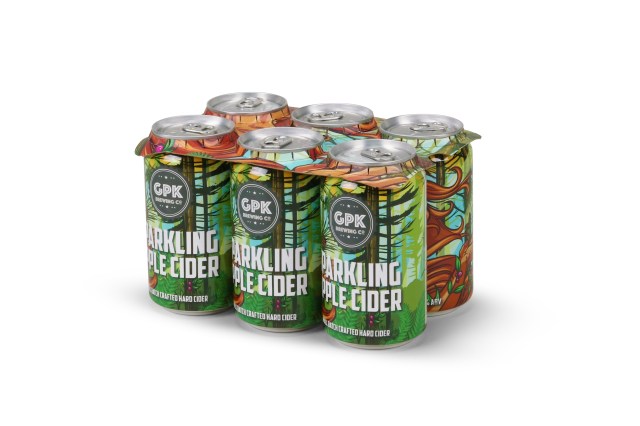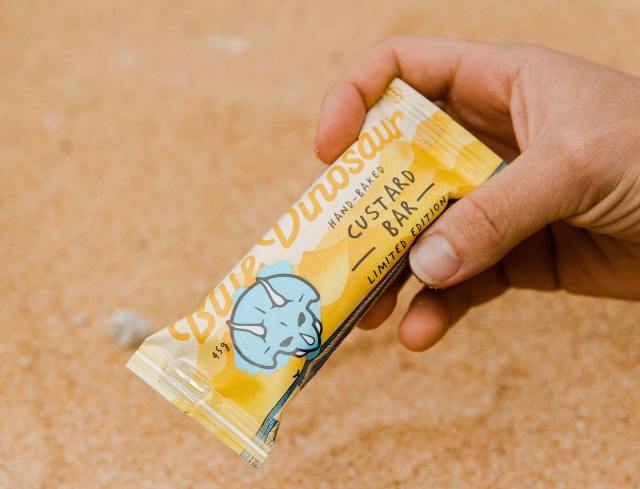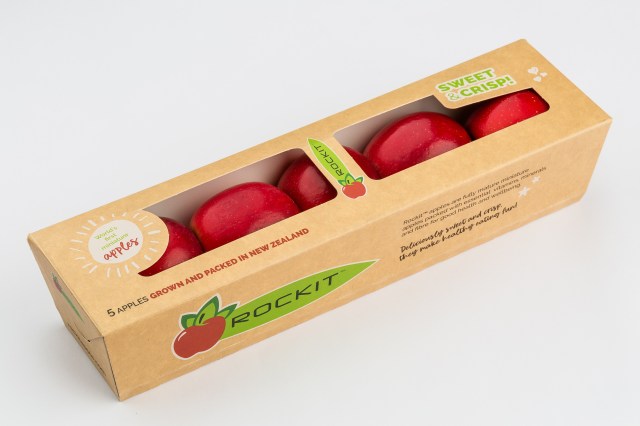
Sanitarium Health Food Company has made a few changes to its packaging as it aims to make all its product packaging reusable, recyclable or compostable by 2025.
The NZ-owned food and beverage manufacturer has revealed that its Marmite jars are now made from 100 per cent recycled plastic (rPET), the amount of high-density plastic (HDPE) used to make recyclable Marmite lids has been reduced and that Marmite and Weet-Bix packaging now carry the Australasian Recycling Label (ARL).
Sanitarium Health Food Company NZ general manager Rob Scoines said the recent packaging changes are important milestones on the company’s sustainable packaging roadmap, with more collaboration to come over the next three years to achieve its target.
He added that the company aims to reduce its use of virgin plastic and help divert tonnes of soft plastic from landfill every year.
“Sanitarium is committed to working with government, industry and domestic recycling bodies to support a circular economy for our product packaging, while continuing to explore the feasibility of more sustainable packaging solutions that balance our need to provide consumers with safe, nutritious, great tasting and affordable health foods,” he said.
“I’m pleased with the steady progress we’re making towards our 2025 goal. The changes to Marmite jars and lids reduce the amount of virgin plastic we use by more than 40 tonnes a year, and the new recycling label we’re rolling out shows tremendous potential to improve consumer recycling knowledge and behaviours, particularly around soft plastics recycling.
“For example, just by recycling the soft plastic liner inside Weet-Bix packs, there’s potential to divert about 60 tonnes of plastic from landfill each year. Apply this same behaviour across even some of the eligible soft plastics that the average household uses in a year, and you can see how quickly a little change makes a big difference.”
Food & Grocery Council CEO Katherine Rich said it was great to see two iconic New Zealand brands champion the use of the Australasian Recycling Label, which has been shown to double the likelihood of consumers recycling soft plastic.
“With a jar of Marmite or a box of Weet-Bix found on breakfast tables in more than half of all Kiwi homes, this is an exciting opportunity to increase consumer awareness about what food packaging can be recycled and how to do it correctly – whether it be through kerbside services, or in the case of soft plastics, return to store,” she said.
Sanitarium has also launched a new sustainable packaging hub on the Sanitarium website. It includes clear guidance on how to recycle packaging across the full range of Sanitarium products, updates on the company’s sustainable packaging efforts as well as advice on other ways consumers can take a more sustainable approach to the foods they consume.
“As well as improving the sustainability of packaging across our product portfolio, we want to provide resources to help Kiwis confidently recycle more packaging, more often, and reduce their own carbon footprint through other impactful measures such as reducing food waste and making more sustainable food choices,” Sanitarium sustainability and product development manager Chris Stanbridge said.
While Stanbridge acknowledges there are still some challenges to overcome in making recycling easier for more New Zealanders, she is excited by the progress being made by Soft Plastics New Zealand in adding more soft plastic drop off locations in the South Island and trialing other ways to improve access to recycling facilities.
“Soft Plastics New Zealand is working hard to make soft plastic recycling more accessible to all Kiwis. This month it has added soft plastic drop off locations in Dunedin, Hauraki and Waimakari Districts, and will announce further expansion plans in April,” she said.
“Just like healthy eating and exercise, the key to making recycling habits stick is to remove or reduce the friction points of taking action. That’s why packaging material improvements and clear advice to consumers on how to recycle, are among the most impactful ways Sanitarium and other food manufacturers can help make recycling easier and contribute to a cleaner, greener New Zealand.”


